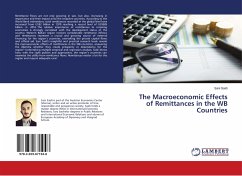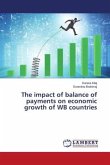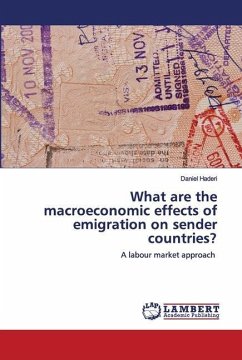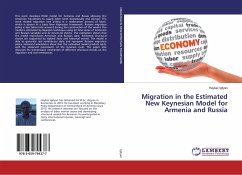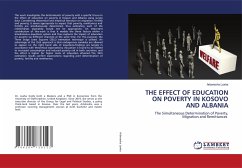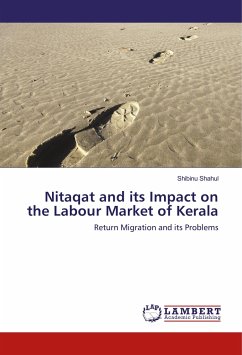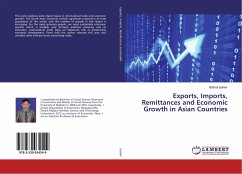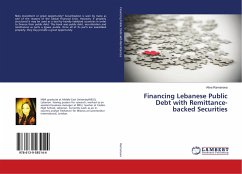Remittance flows are not only growing in size, but also, increasing in importance and their impact onto the recipient countries. According to the World Bank estimations, total remittances recorded at the global level have increased from US$2 billion in 1970 reaching a record level of US$585 billion in 2016. The relative importance of remittances to receiving economies is strongly correlated with the development status of the country. Western Balkan region receives considerable remittance inflows and remittances represent a crucial and growing source of external financing for the region's countries, overtaking the private capital flows and official aid. Sani Saidi's insightful and practical research book reveals the macroeconomic effects of remittances in the WB countries, answering the dilemma whether they create prosperity or dependency for the region? Undertaking multiple empirical and regression analysis, Saidi shows how, with the right policies and approaches, the region's countries can maximize the utility from remittance flows. Remittances matter a lot for the region and require adequate care!

